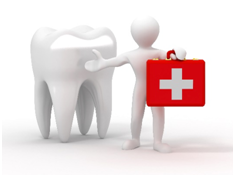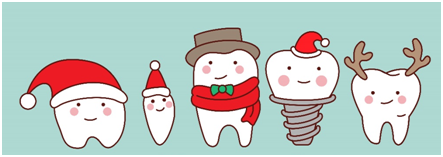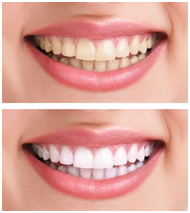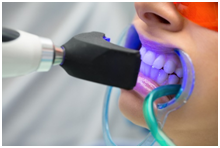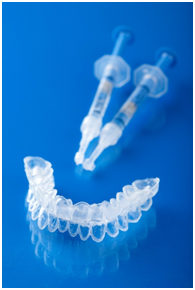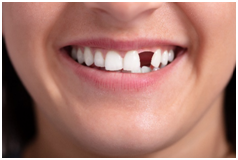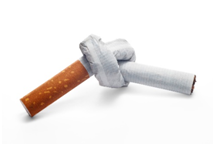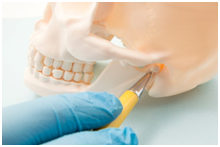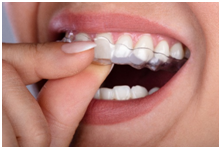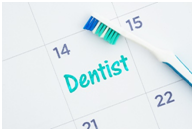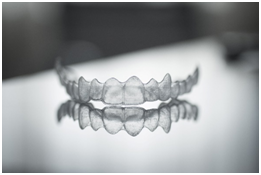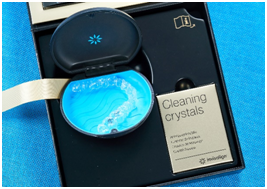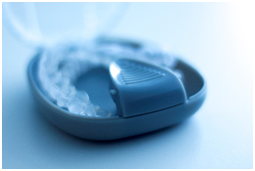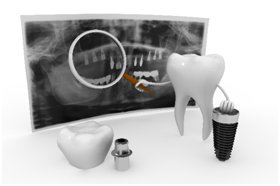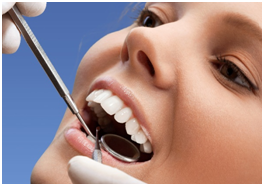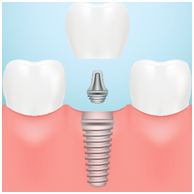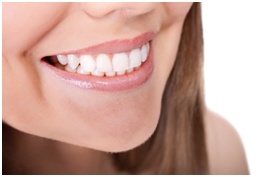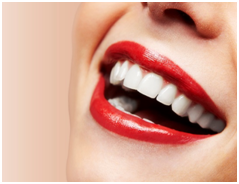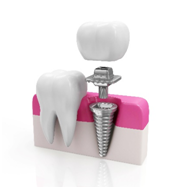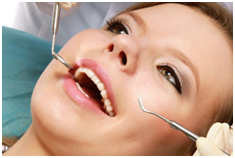No matter how careful you are, dental emergencies can happen to anyone at any time. In this blog we look at some top questions, to ensure you know what to do should you have a dental emergency.
What is classed as a dental emergency?
Dental emergencies can be split into two main groups.
Visible damage to teeth – teeth can be chipped, cracked, or knocked out, crowns can fall out and fillings can be lost. It can happen while you are playing sport, in a trip or fall or by biting down on something hard such as a nut or something sticky such as a toffee.
Pain – dental pain may be caused by an infection in the tooth or gum or by a cavity or decay exposing the sensitive dentine of the tooth.
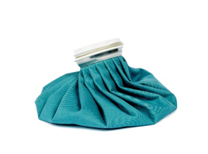
How do I treat a toothache?
If you are suffering with a toothache, rinse your mouth out with warm water. Using interdental cleaning aids, such as floss or interdental brushes, clean between your teeth to remove any trapped food. A cold compress placed on the cheek at the side of the toothache can help to reduce the pain as can over the counter pain killers.
What do I do if I knock a tooth out?
If a permanent tooth is knocked out by force, with a trip or a fall, it is important that it is replaced into the socket as soon as possible. If the tooth cannot be replaced, keep it within a container of body temperature milk until dental help can be sought. It is important that you get to a dentist as quickly as possible, the best results are seen when a tooth is replaced into the socket within an hour of the accident.
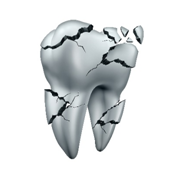
What do I do if I crack or chip a tooth or lose a filling?
If you crack or chip a tooth, rinse your mouth to remove any remaining loose fragments of teeth to prevent you from swallowing them. It is possible to use sugar free chewing gum to fill the gap caused by a lost filling or chipped tooth as a temporary measure until you can get to an appointment with your dentist.

What do I do if I have a dental emergency over the festive period?
Maidstone Dental & Implant Centre is open as usual in the week leading up to Christmas. If you have a dental emergency in the days preceding Christmas, please contact the surgery on 01622 682 029 and we will endeavour to book you in for treatment as quickly as possible. Should you have a dental emergency over the festive period please ring the surgery on 01622 682 029 and the answerphone message will give you details on how to access emergency treatment.
All the team at Maidstone Dental & Implant Centre would like to wish our patients a Merry Christmas and a Happy New Year. We look forward to seeing you all in 2021.



